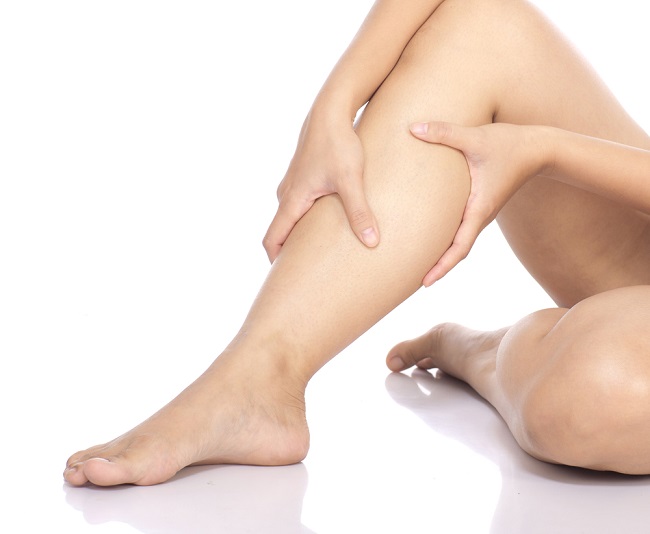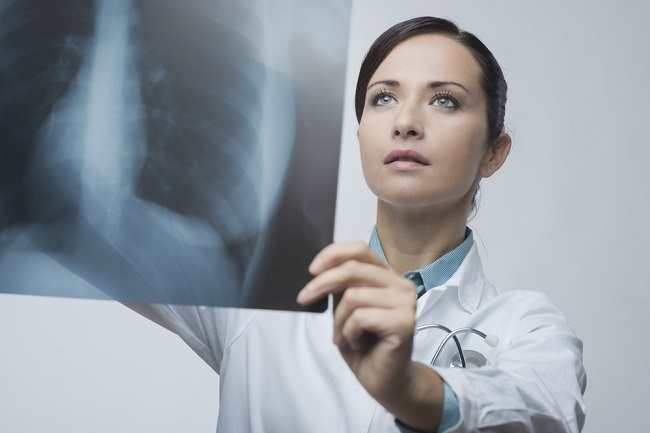GERD or gastroesophageal reflux disease is a stomach disease common. To treat GERD symptoms, such as: burning feelingin chest and pain epigastrium, youcan take gastric acid medication. But if not there is also a fix, You can consider GERD surgery.
The esophagus (esophagus) is an organ in the form of a long tube that connects the oral cavity with the stomach. At the lower end of the esophagus is a ring of muscle (sphincter) which normally only opens when swallowing food.

In GERD or commonly called acid reflux disease, this muscle ring weakens, so that stomach acid and food from the stomach can be pushed or flow back up. This seepage of stomach acid will irritate the walls of the esophagus and cause various complaints of stomach acid.
In general, GERD symptoms can be managed by taking medications, such as antacids to neutralize stomach acid or proton pump inhibitor to reduce gastric acid production.
Patients with GERD are also advised to make lifestyle changes, such as reducing excessive weight, avoiding foods that can irritate the esophagus, and avoiding lying down immediately after eating.
However, sometimes medication and lifestyle changes are not enough to treat GERD. If this is the case, GERD surgery is required.
When Does GERD Require Surgery?
GERD cases require surgery if the patient has one or more of the following conditions:
- There was no improvement in symptoms after he took drugs and made lifestyle changes as recommended by the doctor.
- Suffering from severe GERD accompanied by complications, such as: Barrett esophagus or stricture (narrowing).
- Have unusual accompanying symptoms, such as asthma or the entry of fluids or food from the gastrointestinal tract into the airways.
- The patient does not want to continue taking the drug for a long time or cannot take the drug for certain medical reasons.
Benefits of GERD Surgery
The goal of GERD surgery is to wrap or tie the upper part of the stomach (fundus) to the lower part of the esophagus to strengthen the weakened muscle ring in that area. Research shows that in the long term, GERD surgery can have a more beneficial effect than taking medication.
With surgery, the underlying cause of GERD can be treated. This is different from the consumption of drugs that only neutralize or reduce the production of stomach acid without solving the problem sphincter weakened.
Currently, GERD surgery with a laparoscopic technique is quite common because it only requires a small incision in the abdomen. Through these small incisions, a device with a camera and a small knife at the end will be inserted into the abdominal cavity.
In addition to the laparoscopic technique, GERD surgery by mouth (transoral fundoplication) which does not require an incision in the stomach has also begun to be widely used. Research shows that this method of surgery is also effective for treating GERD symptoms.
GERD Surgery Risks
Like other medical procedures, GERD surgery is not without risks. Some of the risks that may occur as a result of GERD surgery are:
- A tear or puncture in the wall of the esophagus or stomach during a laparoscopic procedure.
- Infection in the surgical wound.
- Difficulty swallowing after surgery.
- Nausea, bloating, and frequent burping after surgery.
- It's hard to throw up when you need to.
- Gastric acid reflux persists.
- Possible need for reoperation.
If you experience symptoms of GERD, don't hesitate to consult a doctor to get the most appropriate treatment. In order to avoid recurrence of this condition, you are advised to limit alcohol and caffeine consumption, not to eat large portions, and not to lie down immediately after eating.
Written by:
dr. Irene Cindy Sunur









